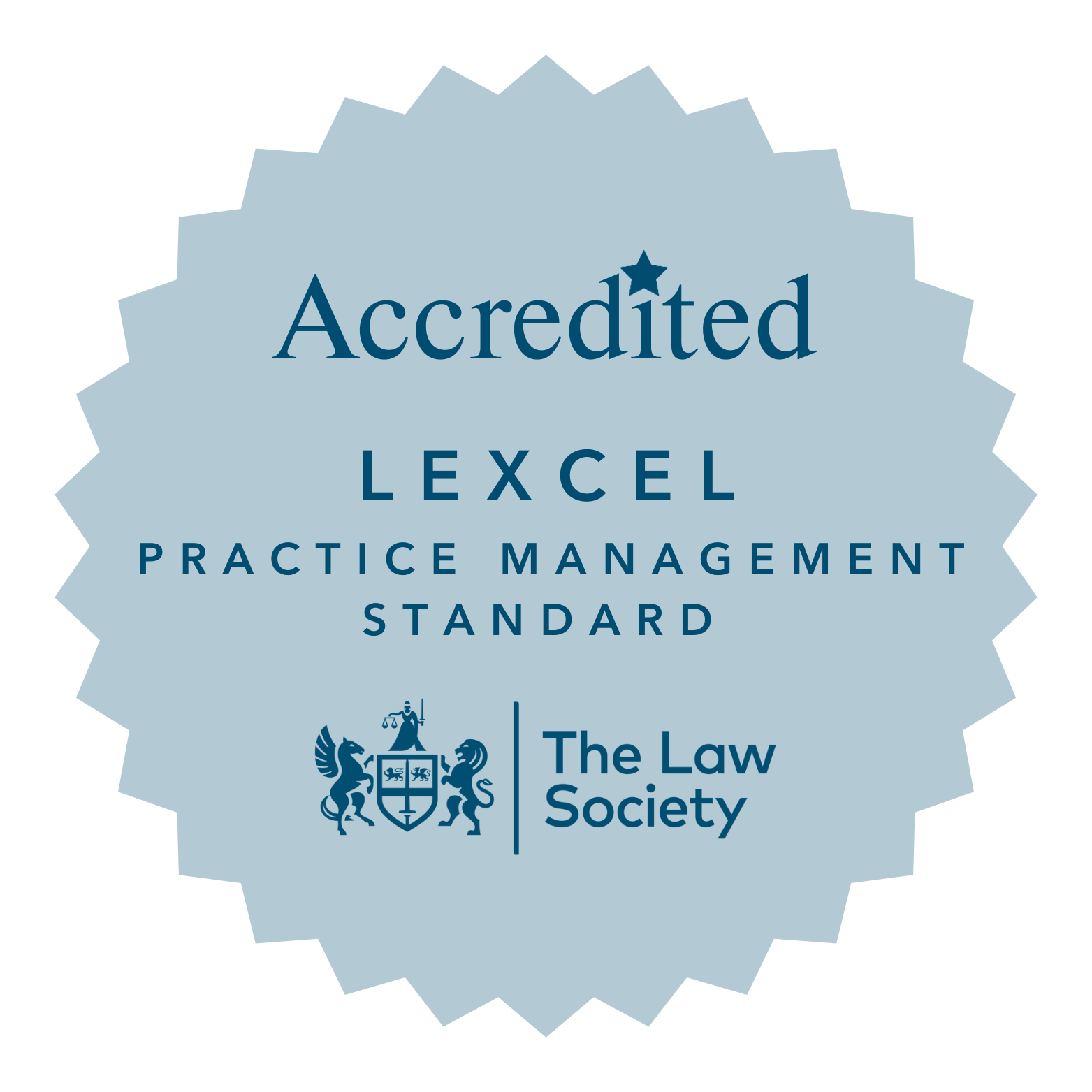Right to Buy

Key contact


Since the 1980s, many council and social housing tenants have been eligible to purchase their homes at a discount through the Government-backed Right to Buy scheme. As with any residential property purchase, the services of an experienced conveyancing solicitor are essential to ensure all legal formalities are completed and the transaction goes ahead as smoothly as possible.
The rules are different for tenants in Wales, Scotland and Northern Ireland, but in England the following factors are likely to mean a tenant is eligible to apply:
- The property is the only or main home
- The property is self-contained
- The tenancy is a secure tenancy
- The tenant has had a public sector landlord (council, housing association or NHS trust for example) for five years – but not necessarily concurrently.
How much discount is applied?
The amount of discount which will be taken off the purchase price depends on three factors: the length of tenancy with a public sector landlord, the type of property being purchased and the value of the home. The current landlord will be able to give a figure on request.
For example, after a tenancy of five years, the discount of the market value is 35%. This increases by 1% for each additional year the tenant has had a public sector landlord, up to a maximum of 70%. (Geographical variations of value may apply).
Click here to use the Right to Buy Calculator
Purchasers who want to sell their property within five years of buying it may have to pay back some or all of the discount.
After a tenant has made an official application for Right to Buy to the local council/ housing authority, a decision will be made on qualification, then, if approved, the landlord will send the tenant an offer (Known as a Section 125 notice) detailing the price, discount (including how it was worked out), full description of the property, estimates of any applicable service charges (for flats and maisonettes) for the following five years, any known structural problems of the property, and terms and conditions of the sale.
An experienced solicitor is essential
A tenant can seek an independent valuation from the District Valuer, whose decision is final, so there is a risk that if the valuer’s figure is higher than that of the council, the valuer’s price will be the one which has to be paid.
There is a 12-week limit after receiving the Section 125 notice for the tenant to decide if he or she wants to go ahead with the purchase and this is the time to consult a mortgage lender and a residential conveyancing solicitor, especially one who has experience in Right to Buy transactions.
It is particularly important to protect the interests of a tenant’s partner or spouse if he or she is applying for the mortgage but does not qualify for the Right to Buy.
Once the property purchase has reached this stage, it should proceed in the same way as home conveyancing by any other method.
Lawyers act as intermediaries with the council (the seller), the mortgage lender and the future owner, ensuring completion of the contract through to Land Registry administration and transfer of funds.
More information regarding Right to Buy is available from local authorities or from the Direct Gov. website and gives details of all the rules applying to the scheme.
How We Can Help
About 70% of the UK population live in their own home and with the Right to Buy scheme council tenants can also become property owners wherever they live.
Having a specialist residential conveyancing solicitor who is used to the formalities of all types of property transactions will help to ease this unfamiliar administration for you. The team at Healys will guide you through every step of this major undertaking, with full transparency and no hidden fees.
To help you budget for the financial commitment, you can apply now for an online quote for the cost of the conveyancing service.
If you want to become an owner-occupier, put yourself in the safe hands of Healys’ residential conveyancing solicitors for an efficient, cost-effective and professional service.




Recommended by Legal 500
Healys is recommended for Residential Property and ranked as a Leading Firm by Legal 500; with practice head Kiri Kkoshi, and partners Daniel Winslow, Tracey Cipolla and John Hill, individually ranked by Legal 500 as Recommended Lawyers.
Kiri Kkoshi is additionally recommended by the Spears 500 private client guide for her expertise in property law.
"The super knowledgeable, punctual and thorough team at Healys LLP is led by Kiri Kkoshi who acts for a broad range of clients from high-net-worth individuals to property developers and banks."
Legal 500



